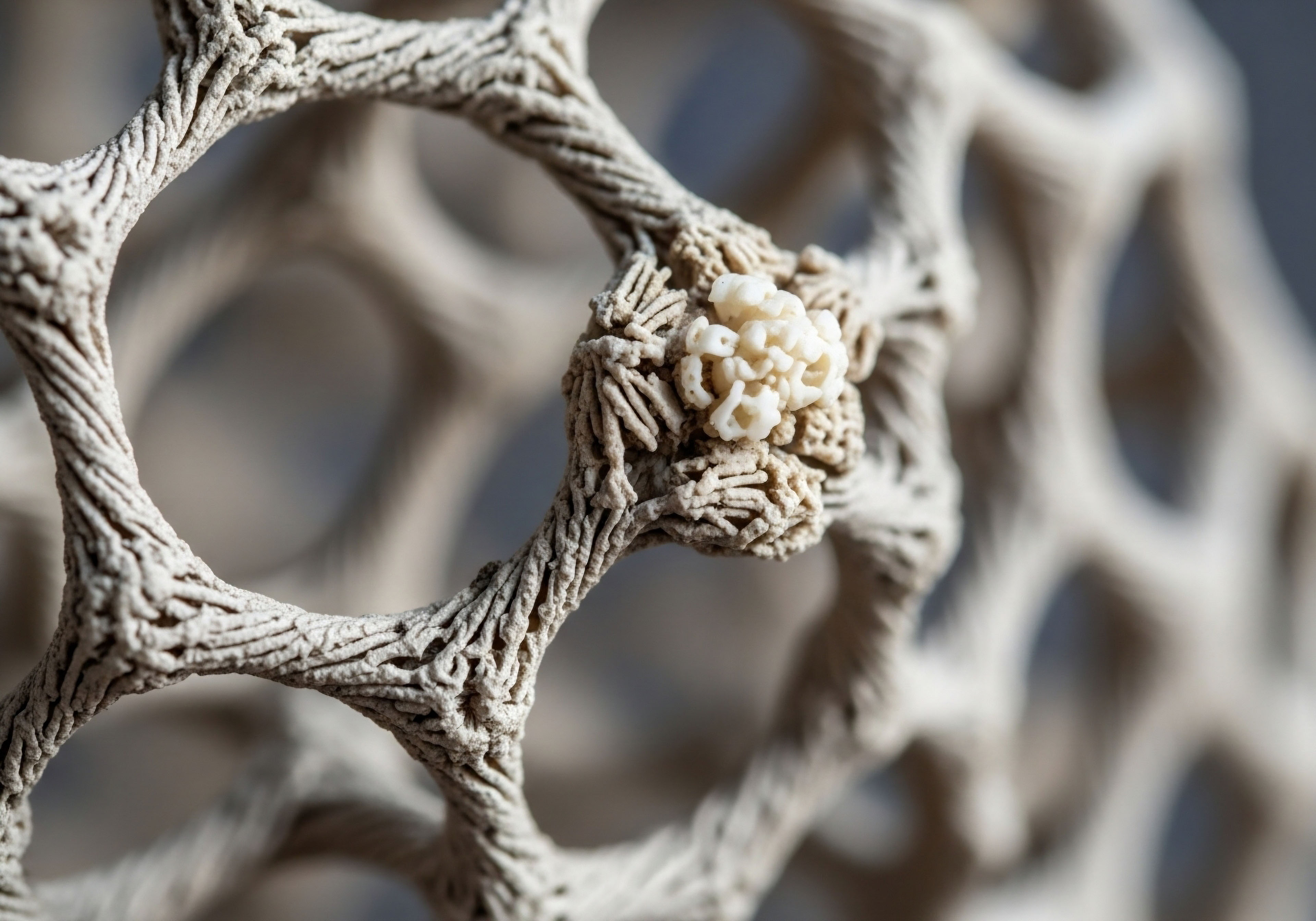Peptides: Your Next-Level Performance Upgrade

Unlock peak vitality and redefine your potential with precision peptide protocols for next-level performance optimization.
HRTioAugust 15, 2025





